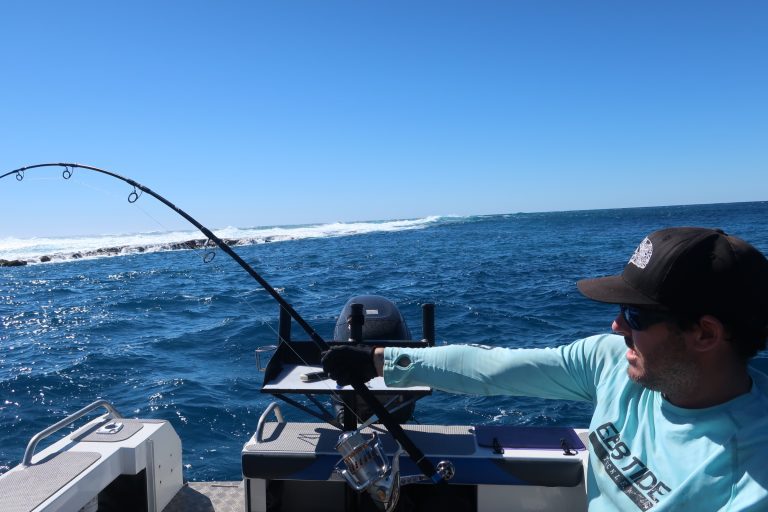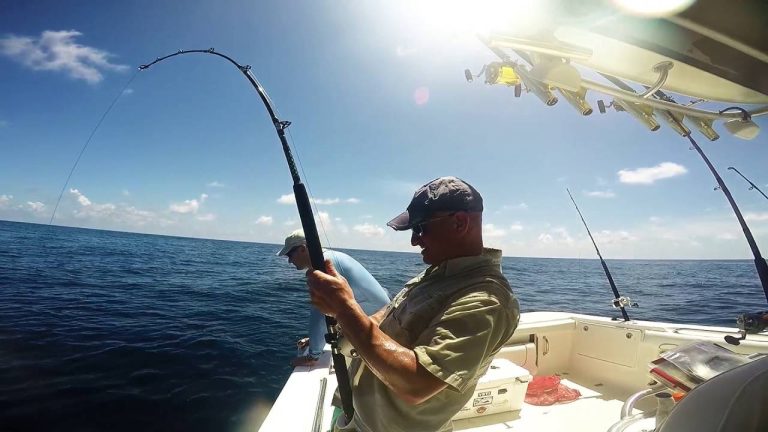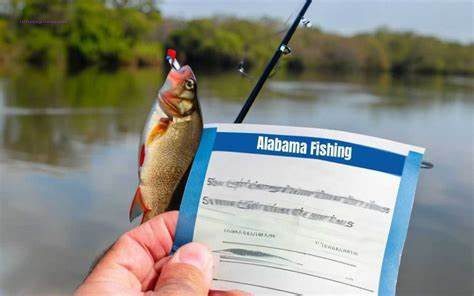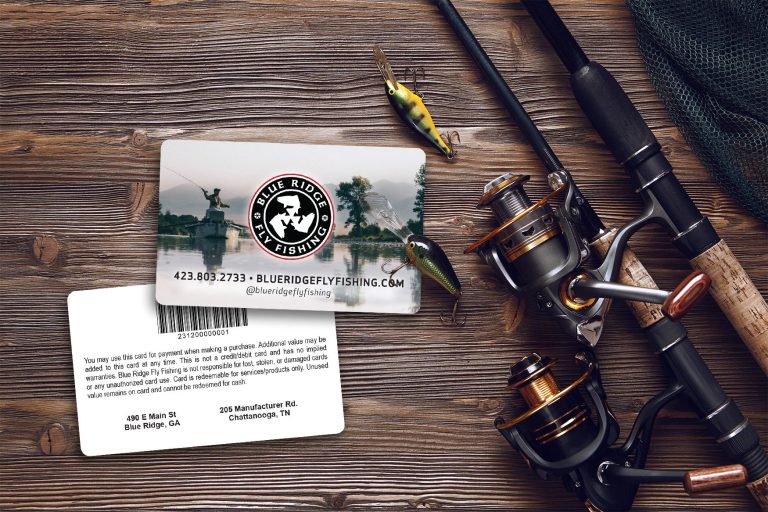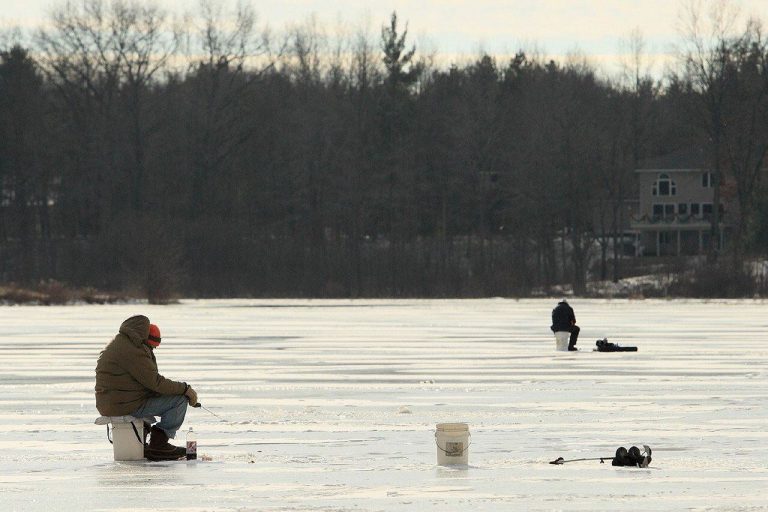Fishing is a beloved pastime in Alabama, with its diverse array of freshwater and saltwater fishing opportunities attracting anglers from near and far. However, before casting your line in the state’s waters, it’s crucial to understand the importance of obtaining a valid fishing license. Fishing without a proper license in Alabama can lead to serious consequences, including hefty fines and legal repercussions. In this comprehensive guide, we’ll explore the ramifications of fishing without a license and provide you with all the essential information you need to obtain the appropriate permits.
Why Fishing Licenses are Necessary
Alabama’s fishing license requirements are not merely a bureaucratic formality; they serve a vital purpose in supporting the state’s conservation efforts and maintaining healthy fish populations. The revenue generated from fishing license sales directly funds the Alabama Department of Conservation and Natural Resources (ADCNR), the agency responsible for managing and protecting the state’s fisheries.
By purchasing a fishing license, anglers contribute to various initiatives, including:
- Fish Stocking Programs: The ADCNR uses license funds to stock lakes, rivers, and streams with popular game fish species, ensuring a thriving and sustainable fishing environment.
- Habitat Restoration and Enhancement: Fishing license revenue supports projects aimed at restoring and enhancing fish habitats, such as creating artificial reefs, improving water quality, and protecting spawning areas.
- Research and Monitoring: The ADCNR conducts ongoing research and monitoring of fish populations to assess their health, track trends, and make informed management decisions.
- Access Improvements: Fishing license sales help maintain and improve public access to fishing areas, including boat ramps, fishing piers, and shoreline access points.
- Educational Programs: The ADCNR offers educational programs and outreach initiatives to promote responsible angling practices, conservation ethics, and youth involvement in fishing.
Consequences of Fishing Without a License
Fishing without a valid license in Alabama is not a trivial matter. It is considered a Class B misdemeanor, and violators can face serious penalties if caught. Here’s what you need to know about the consequences of fishing without a license:
- Fines: First-time offenders may be subject to fines ranging from $50 to $250 per violation. Repeat offenders or those caught engaging in more severe violations may face even higher fines. These fines can quickly add up, making it a costly mistake to fish without a license.
- Court Appearances: In some cases, individuals caught fishing without a license may be required to appear in court to address the charges. This can be a time-consuming and stressful process, taking away from valuable fishing time and causing unnecessary legal hassles.
- Confiscation of Fishing Gear: Conservation officers have the authority to confiscate fishing equipment, including rods, reels, and tackle, from those caught fishing without a valid license. Losing your favorite fishing gear can be a significant setback and may require additional expenses to replace.
- Revocation of Future Licensing Privileges: Repeat offenders may face the risk of having their fishing privileges revoked for a specified period. This means you could be barred from legally fishing in Alabama for an extended time, depriving you of the joy and relaxation that comes with the sport.
Who Needs a Fishing License in Alabama?
In general, anyone 16 years or older who fishes in Alabama’s public waters must possess a valid fishing license. This requirement applies to both residents and non-residents of the state. However, there are a few exceptions to this rule:
- Senior Anglers: Alabama residents aged 65 or older are exempt from needing a fishing license. However, they must carry proof of age and residency while fishing.
- Youth Anglers: Children under the age of 16 can fish without a license, making it a great opportunity to introduce young ones to the joys of fishing.
- Cane Pole Fishing: Residents fishing with a cane pole in their county of residence are not required to have a license. This exception applies only to cane pole fishing and does not extend to other fishing methods.
- Active Military Personnel: Active military personnel on leave in Alabama may fish without a license upon providing proof of their status. This is a small way of recognizing and appreciating their service to our country.
Types of Alabama Fishing Licenses
Alabama offers a variety of fishing licenses to cater to the diverse needs of anglers. Whether you’re a resident or non-resident, a freshwater or saltwater enthusiast, or looking for a short-term or lifetime license, there’s an option for you. Here are the main types of fishing licenses available in Alabama:
- Annual Freshwater Fishing License: This license is required for fishing in public freshwater areas, including lakes, rivers, and streams. It is valid for one year from the date of purchase and is available to both residents and non-residents.
- Annual Saltwater Fishing License: If you plan to fish in saltwater areas, such as the Gulf of Mexico or Mobile Bay, you’ll need an annual saltwater fishing license. Like the freshwater license, it is valid for one year and is available to residents and non-residents.
- Seven-Day Fishing License: For visitors or occasional anglers, Alabama offers a short-term, seven-day fishing license. This license is valid for both freshwater and saltwater fishing and is a convenient option for those who only plan to fish for a limited time.
- Lifetime Fishing License: Alabama residents have the option to purchase a lifetime fishing license, which provides fishing privileges for the duration of the license holder’s life. This one-time purchase eliminates the need for annual license renewals and can be a cost-effective choice for dedicated anglers.
- Pier Fishing License: If you plan to fish from a designated public fishing pier in the Gulf of Mexico or Mobile Bay, you’ll need a pier fishing license. This license is specific to pier fishing and is required in addition to the regular saltwater fishing license.
- Disabled Fishing License: Alabama offers a discounted fishing license for residents who are 20% or more disabled, as certified by the U.S. Veterans Administration. This license recognizes the challenges faced by disabled anglers and provides them with an affordable option to enjoy fishing.
Where to Obtain an Alabama Fishing License
Obtaining an Alabama fishing license is a simple and convenient process, with several options available to suit your preferences:
- Online: The easiest and most convenient way to purchase your fishing license is through the official Alabama Department of Conservation and Natural Resources website (www.outdooralabama.com). With just a few clicks and a credit card, you can have your license in hand and be ready to hit the water.
- Retail Locations: Many sporting goods stores, bait and tackle shops, and outdoor retailers throughout Alabama sell fishing licenses. Popular options include Walmart, Dick’s Sporting Goods, and Academy Sports + Outdoors. These locations offer the convenience of purchasing your license while shopping for your fishing gear.
- County Probate Offices: Most county probate offices in Alabama sell fishing licenses during regular business hours. If you prefer an in-person transaction or have questions that require assistance, visiting your local probate office can be a good choice.
- ADCNR Offices: Select Alabama Department of Conservation and Natural Resources offices also offer in-person license sales. If you have specific questions or need guidance related to fishing regulations, visiting an ADCNR office can provide you with the expert assistance you need.
When purchasing your license, be prepared to provide personal information such as your name, address, date of birth, and a valid form of identification. Having this information readily available will streamline the licensing process and get you on the water faster.
Conclusion
Fishing in Alabama’s abundant waters is a privilege that comes with the responsibility of obtaining a valid fishing license. By understanding the consequences of fishing without a license and following the state’s licensing requirements, anglers can enjoy their time on the water while supporting critical conservation efforts and avoiding legal troubles.
Remember, the cost of a fishing license is a small investment compared to the valuable role it plays in preserving Alabama’s rich fishing heritage for generations to come. So, before you cast your line, make sure you have the appropriate license in hand. Not only will you be contributing to the protection and enhancement of Alabama’s fisheries, but you’ll also be setting an example of responsible angling for others to follow.
Now that you’re armed with the knowledge of Alabama’s fishing license requirements and the consequences of fishing without one, it’s time to gear up, purchase your license, and embark on an unforgettable fishing adventure in the Heart of Dixie!
Can I fish in Alabama with a fishing license from another state?
No, Alabama does not have reciprocal agreements with other states regarding fishing licenses. To fish legally within Alabama’s borders, you must obtain an Alabama fishing license specific to the type of fishing you plan to do (freshwater or saltwater).
Do I need separate licenses for freshwater and saltwater fishing?
Yes, Alabama requires separate licenses for freshwater and saltwater fishing. If you plan to fish in both types of waters, you’ll need to purchase both licenses. This ensures that the funds generated from each license type are allocated appropriately to support the specific conservation efforts in those respective areas.
What should I do if I lose my fishing license?
If you misplace or lose your fishing license, don’t worry! You can easily obtain a replacement license online, at a retail location, or through a county probate office. There may be a small fee associated with the replacement license, but it’s a small price to pay for the peace of mind and legal compliance.
Are there any size or catch limits I need to be aware of?
Yes, Alabama has specific size and catch limits in place for various fish species. These regulations are designed to promote sustainable fishing practices and ensure the long-term health of fish populations. Before heading out on your fishing adventure, take a moment to familiarize yourself with the current regulations, which can be found on the Alabama Department of Conservation and Natural Resources website.
